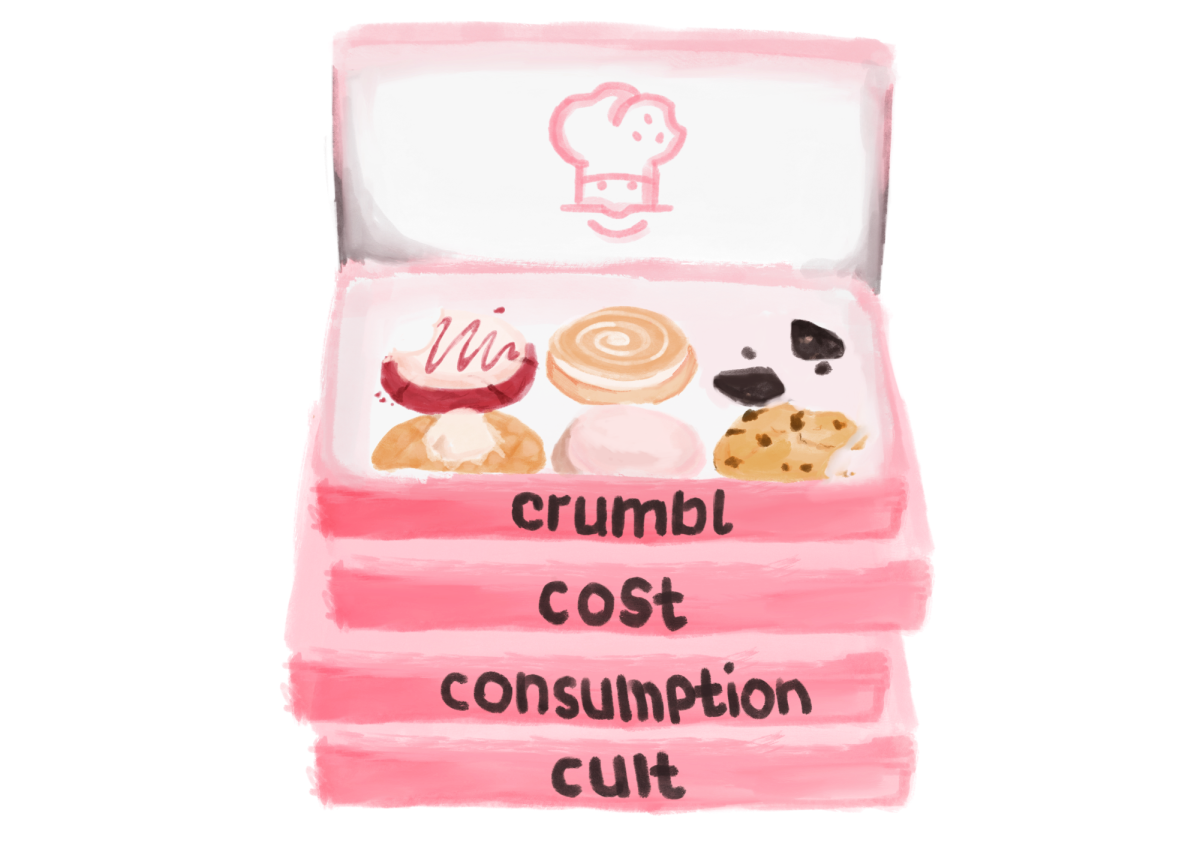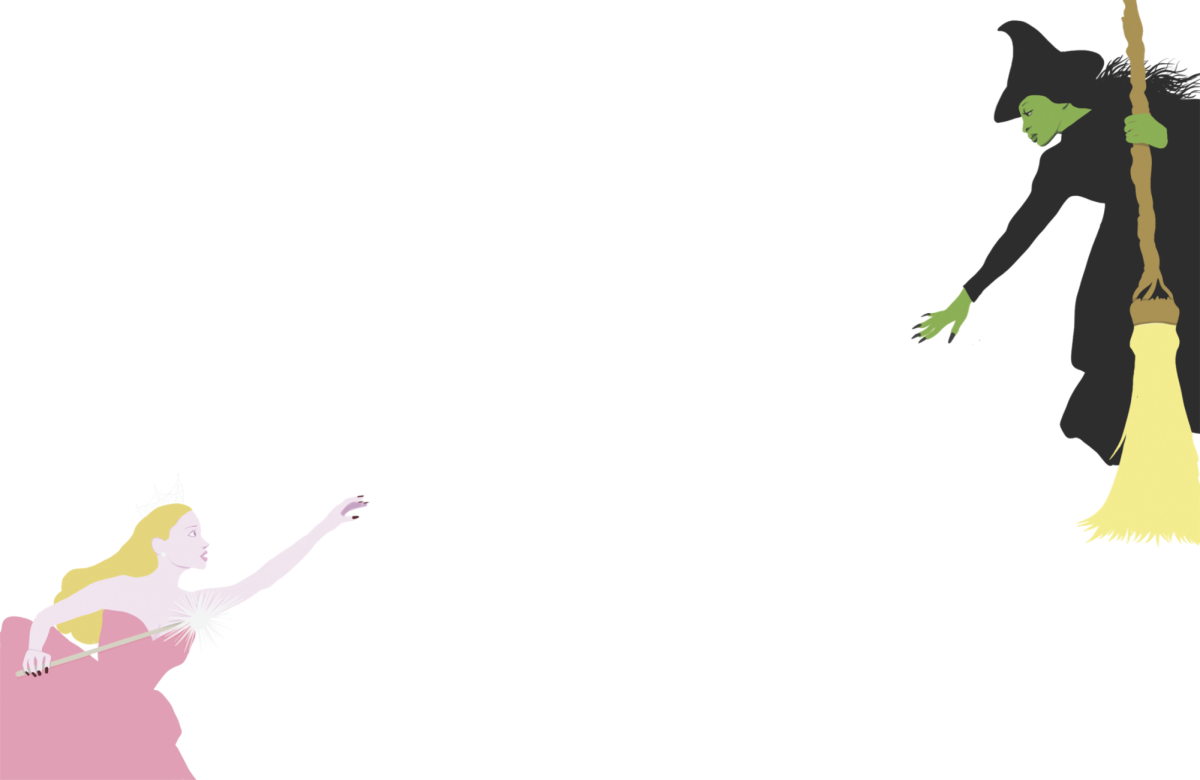By Kaylee Strachan
“It is not every day that the son of John Steinbeck walks through the doors of Spaulding Auditorium. Today is that day. We can be especially appreciative of this unusual fact because we have a tradition (now in its eighth year) of reading “Of Mice and Men” every October in ninth-grade English,” said English Instructor Dr. Ashley Tidey as she introduced our assembly speaker.
Like his father, Thomas Steinbeck is a writer of short stories and novels.
According to Dr. Tidey, “Clara Svedlund, the science teacher at the Lower School, knows the Steinbecks and Ms. Svedlund knows that we read “Of Mice and Men” in ninth grade, so she suggested last year that we might be interested in having him come talk to the students about his writing and about his father’s work—his characters, his writing style, etc.”
During his presentation, he answered questions about both himself and his father, while discussing themes and topics of both of their writings.
He talked at great length about “Of Mice and Men” because most of the students have read it.
He said, “It is about us, it is not about them,” referring to George and Lennie.
Mr. Steinbeck believes that every book is an autobiography, because no matter what, an author’s experiences, views, and personal acquaintances are reflected in their work.
He spoke about where he and his dad got their ideas for characters, which happens to mostly be their personal acquaintances, whether friends or relatives and about Monterey County.
Mr. Steinbeck said that reading in his family “was a sport.” It was something that they did for fun and that on trips they would take turns reading aloud.
“We would all together experience this book.”
Steinbeck tries to read two to three books a week.
He told us how his views on his father’s writing have changed greatly since he has grown up.
He enjoys rereading books that he read years ago as he discovers new insights when he reads them now.
When asked by Dr. Tidey to speak about authors Ernest Hemingway and F. Scott Fitzgerald, he said that Hemingway was a “misogynist.”
He also said that Hemingway’s book “The Old Man and the Sea” was his favorite of Hemingway’s works.
Mr. Steinbeck spoke in detail about his father during the assembly. “He gave us little verbal snapshot pictures of his dad, capturing for us funny little details about his dad that we never would have read on a book jacket or in a book introduction,” Dr. Tidey said.
“So, his dad, it turns out, loved a good sharpened pencil! Apparently, he began the day by sharpening pencils and then putting them in a basket.
He used one pencil for every three sentences he wrote! He also liked to talk to things: to his suits, to parking meters, the couch, his pencils of course, his cane, his dogs, his couch.
He talked a lot about Lennie in “Of Mice and Men,” a book which almost every student in the room had read.
He talked about sad endings because almost every book his dad wrote had a sad ending.
He explained that he (Mr. Steinbeck Junior) thinks that sad endings are OK if a character achieves “enlightenment”–moment of insight or realization, a moment when you see the “big picture,” a moment when you figure things out.”
At first, Dr. Tidey wanted her seventh grade class to join the Upper School assembly. However, because they haven’t yet read “Of Mice and Men” she didn’t want the ending spoiled for them.
“He [Steinbeck] agreed to stay after the assembly so that the sevvies could come over and meet him. That was incredibly special—a bunch of seventh graders sitting there with the son of one of the most famous American writers of the twentieth century! I still can’t believe that any of this actually happened.”
The assembly was well received by students and faculty alike. “The high school and the seventh grade were incredible. A lot of students and faculty came up to me afterward and said that they felt it was one of the best assemblies that we’ve had. I think that there was a sense that this was a one-shot deal. It wasn’t going to happen again.
Basically, the kids got to hear and see a real author talk in very real ways about writing and about his iconic father,” Dr. Tidey added.
“Steinbeck shared what he believes are the best steps to take to become a good writer: “If you want to become a great writer, become a great reader.”

































